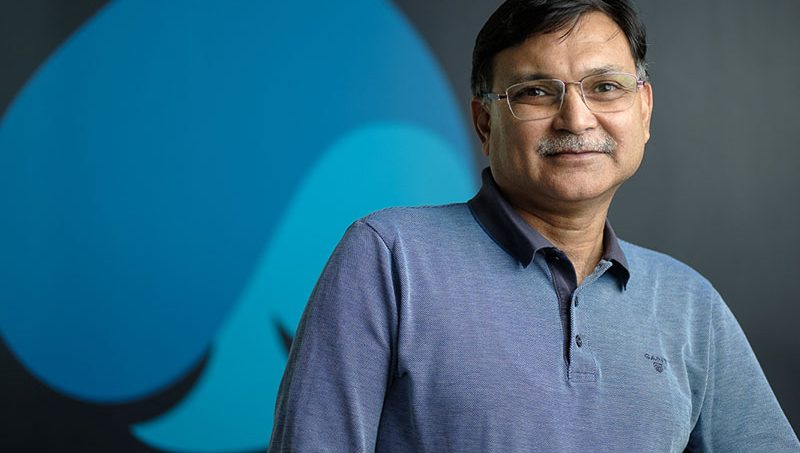In a bold move to address work-life balance concerns in the tech industry, Ashwin Yardi, the CEO of Capgemini India, has called for a 47.5-hour work week. Speaking at the Nasscom Technology and Leadership Forum (NTLF), Yardi shared his views on the ideal number of working hours, alongside a commitment to avoid sending emails to employees over the weekend, especially when there is no immediate solution to the issue at hand.
Yardi, known for his progressive leadership at Capgemini, emphasized the importance of not overburdening employees with expectations that cannot be met in a short time frame. “Forty-seven and a half hours. We have about nine hours a day and five days a week,” Yardi explained while discussing the optimal work hours. This approach sets a clear distinction from other leaders in the industry, such as Infosys co-founder N.R. Narayana Murthy, who has been advocating for a 70-hour work week, and S.N. Subrahmanyan, the chairman of Larsen and Toubro, who called for a staggering 90-hour work week.
The Ideal Work Week According to Capgemini’s CEO
Yardi’s stance on the 47.5-hour work week stands as an effort to bring some sanity to the often-demanding schedules in the IT sector. His reasoning is rooted in a desire to maintain the mental well-being of employees while ensuring that productivity remains high. For Yardi, employee welfare is key, especially given the younger demographic of IT workers. The CEO further pointed out that while there are times when he does work on weekends, he consciously avoids sending out emails to his team members during those periods unless the matter is something that can actually be addressed over the weekend.
“We all know that sometimes we work on weekends. But I don’t send an email to my team on the weekend just to give grief,” Yardi added. This no-weekend-email principle has become a guiding philosophy for him over the past four years. By refraining from unnecessary weekend communication, Yardi aims to reduce unnecessary stress for his employees, recognizing that there is no point in sending an email that cannot be acted upon right away. His leadership approach aligns with the broader concept of encouraging a balanced lifestyle, where employees are not constantly tethered to their inboxes and are allowed time to recharge over the weekend.
Capgemini CEO Champions Work-Life Balance and Employee Well-Being in the Tech Industry
While some may view this as a deviation from the traditional, always-on culture in tech, Capgemini’s CEO, Ashwin Yardi, found strong support for his views from Sindhu Gangadharan, Chairperson of Nasscom and the head of SAP’s India operations. Gangadharan echoed Yardi’s sentiment by emphasizing that the outcome of the work should matter more than the amount of time spent on it. She suggested that success in today’s fast-paced world lies in delivering results efficiently, rather than adhering strictly to long hours.
In contrast, Saugata Gupta, the CEO of FMCG company Marico, made a slightly different statement by expressing that he does send emails late at night, even as late as 11 PM, demonstrating the varied work cultures that exist across industries. However, the consensus from leaders like Yardi and Gangadharan seems to reflect a shift towards more flexible work schedules that prioritize outcomes and personal well-being.
Capgemini’s devotion to strengthening the employee experience includes a number of programs targeted at giving possibilities for career advancement. Yardi shared that the company has quarterly promotion cycles, six-week employee surveys, and actively works on charting out career paths for its employees. These strategies are designed to not only ensure employee satisfaction but also to keep morale high and foster a long-term relationship between the company and its workforce.
Yardi’s comments come at a time when the IT industry is grappling with questions about work-life balance, mental health, and employee burnout. As companies face increasing pressure to perform in a highly competitive market, the need for a balanced approach to work hours has never been clearer. By championing a 47.5-hour work week, Capgemini is setting a progressive example that challenges the conventional thinking that long hours directly correlate to high productivity.
The debate over work hours is not new, but with leaders like Yardi taking a stance on maintaining a reasonable work schedule, the conversation around work-life balance in the IT industry is gaining traction. It remains to be seen if other major companies will follow suit, but Yardi’s approach highlights the evolving landscape of employee welfare in India’s tech sector.

